Wasps!
simgirl
22 years ago
Related Stories
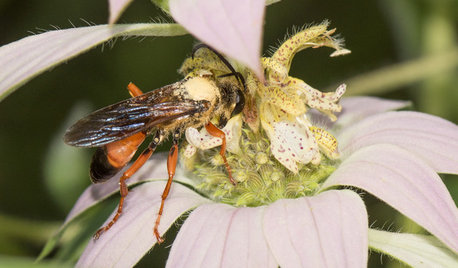
GARDENING GUIDESGreat Golden Digger Wasp: A Beneficial Flower-Visiting Insect
Introducing the great golden digger wasp, a colorful pollinator that also hunts foliage-eating insects
Full Story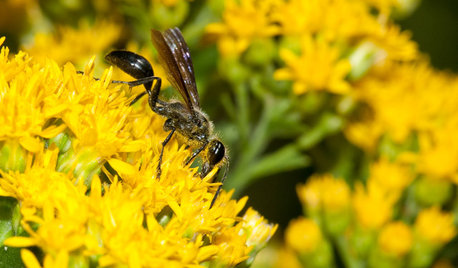
GARDENING GUIDESMeet the Grass-Carrying Wasp, a Gentle Pollinator of Summer Flowers
These fascinating insects nest in wood cavities and hollow plant stems
Full Story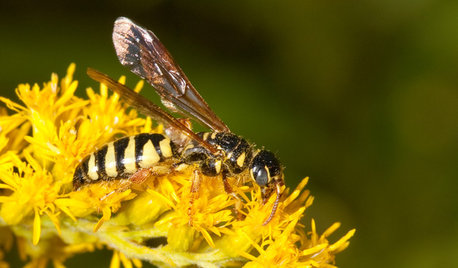
GARDENING GUIDESAttract Thynnid Wasps With Summer-Flowering Native Plants
These beneficial insects will hunt damaging beetle grubs in your lawn
Full Story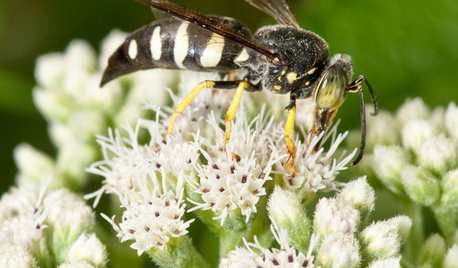
GARDENING GUIDESSand Wasps Keep True Bugs in Check and Help Pollinate Summer Flowers
Look for these solitary wasps nesting in sandy sites and foraging on flowers in July and August
Full Story
ACCESSORIESMake Things Magical With Paper Lanterns
Set some poetry in motion with affordable Asian-style paper lanterns that enchant as everyday or party decor
Full Story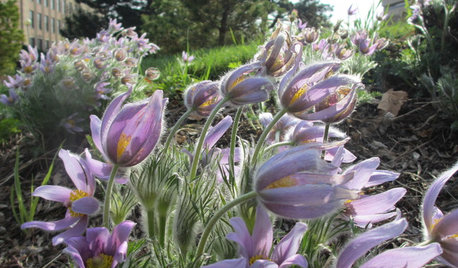
GARDENING GUIDES6 Plants That Beat Butterfly Bush for the Wildlife Draw
It's invasive, a nonnative and a poor insect magnet. Check out these better alternatives to butterfly bush in the garden
Full Story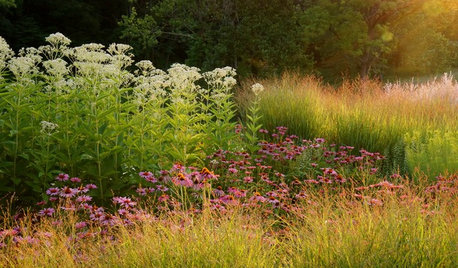
GARDENING FOR BUTTERFLIESGarden for Wildlife to Reap Rich Rewards
When you plant with animals and insects in mind, you make gardening easier, the planet healthier and yourself more present
Full Story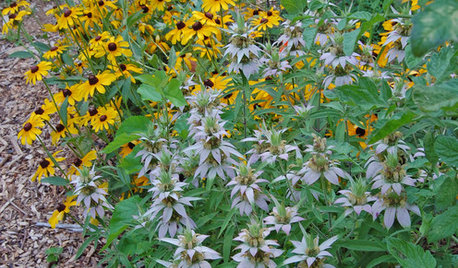
GARDENING GUIDESGreat Design Plant: Spotted Beebalm (Monarda punctata)
Looking for unusual, long-lasting blooms, low maintenance and deer resistance? Try this self-sowing perennial
Full Story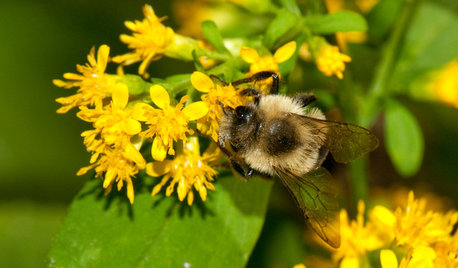
GARDENING GUIDESGreat Design Plant: Solidago Flexicaulis Colors the Fall Shade Garden
Plant zigzag goldenrod in eastern U.S. gardens for its bright yellow flowers and tolerance of a broad range of conditions
Full Story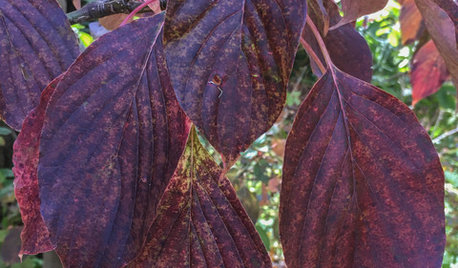
SHRUBSTry This Plant for Autumn Color in the Woodland Garden
Alternateleaf dogwood, or Cornus alternifolia, offers a colorful show of creamy spring flowers, blue fruit in summer and maroon fall foliage
Full StorySponsored
Leading Interior Designers in Columbus, Ohio & Ponte Vedra, Florida
More Discussions







vgkg Z-7 Va
dchall_san_antonio
Related Professionals
Simpsonville Landscape Architects & Landscape Designers · Belmont Landscape Architects & Landscape Designers · Kyle Landscape Architects & Landscape Designers · Aberdeen Landscape Contractors · Andover Landscape Contractors · Kahului Landscape Contractors · Mastic Beach Landscape Contractors · Richmond Landscape Contractors · Soddy Daisy Landscape Contractors · Tavares Landscape Contractors · The Villages Landscape Contractors · Wareham Landscape Contractors · 07920 Landscape Contractors · Stanford Swimming Pool Builders · West Chester Swimming Pool BuilderssimgirlOriginal Author
PrairieGirl
Dorie_SC_8b
aluft
simgirlOriginal Author
donva
PrairieGirl
dances_in_garden
dchall_san_antonio
ccook
woadtoad
Mitsy
Tornadogirl
simgirlOriginal Author
Jonesy
zuiko
Barb_OH
Barb_OH
penny1947
Raindrop2003
Neil123
AdamM321
unwitting1
AdamM321
vanessamc
J_MABEY_msn_com
neliswa
zzackey
Kimmsr